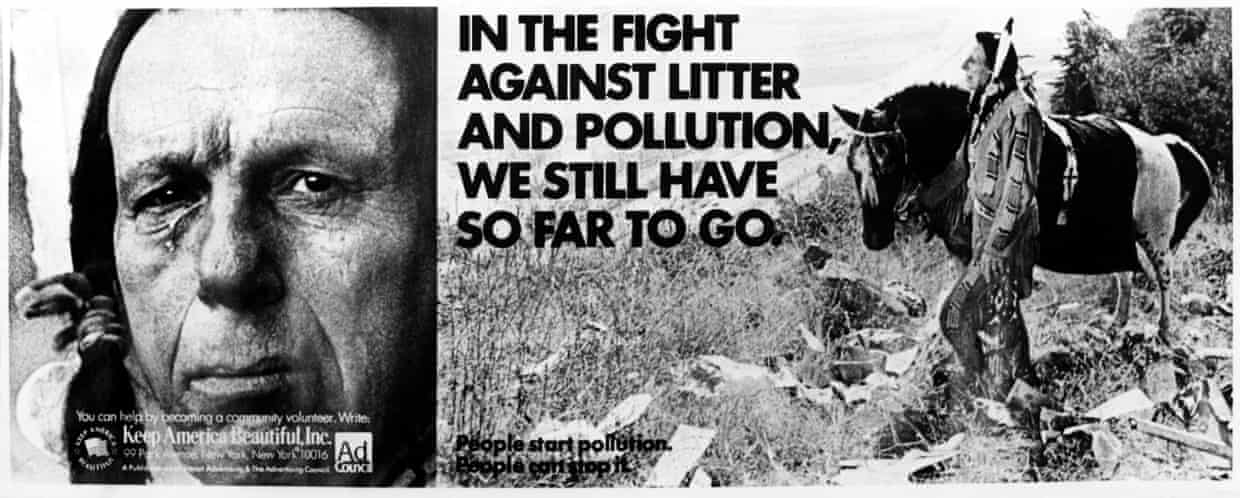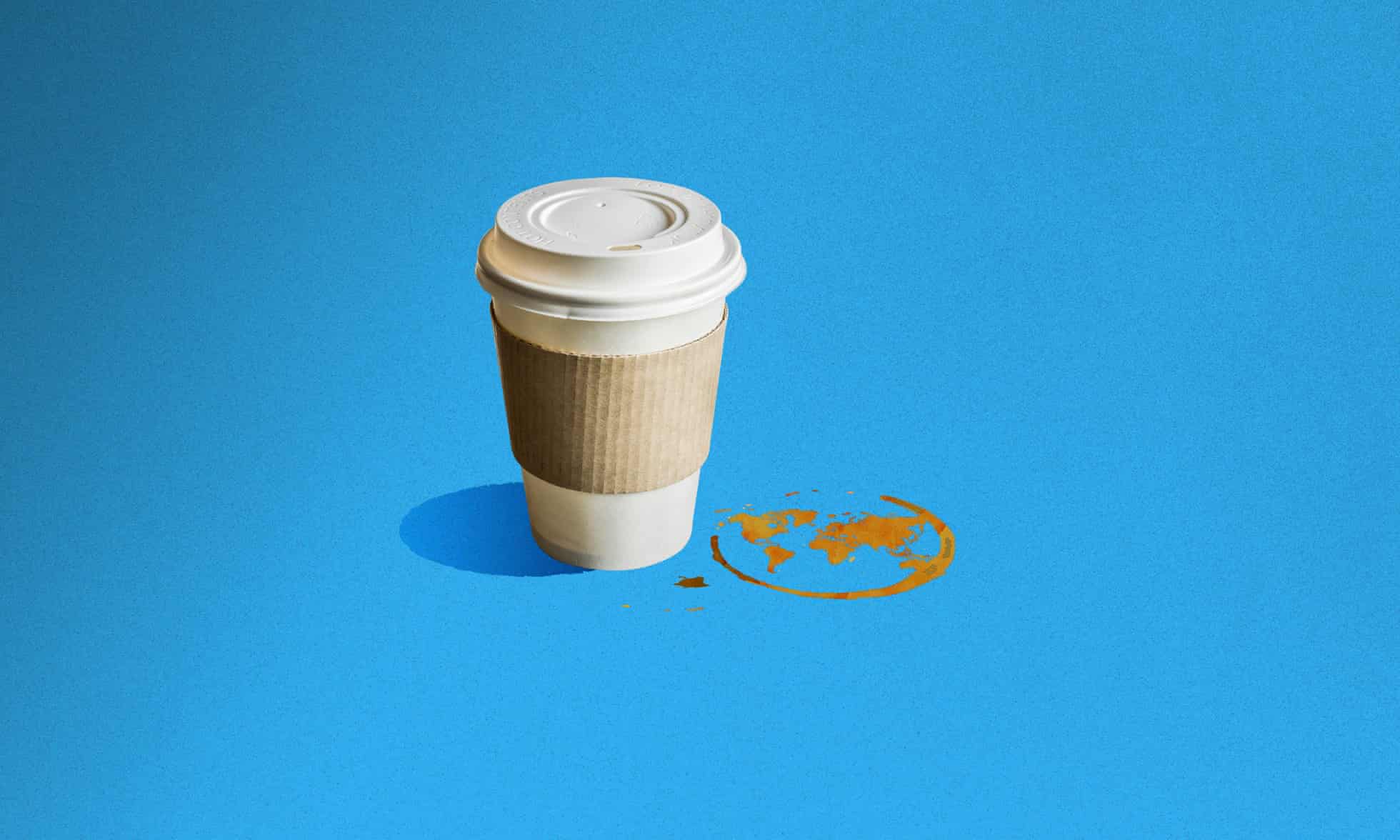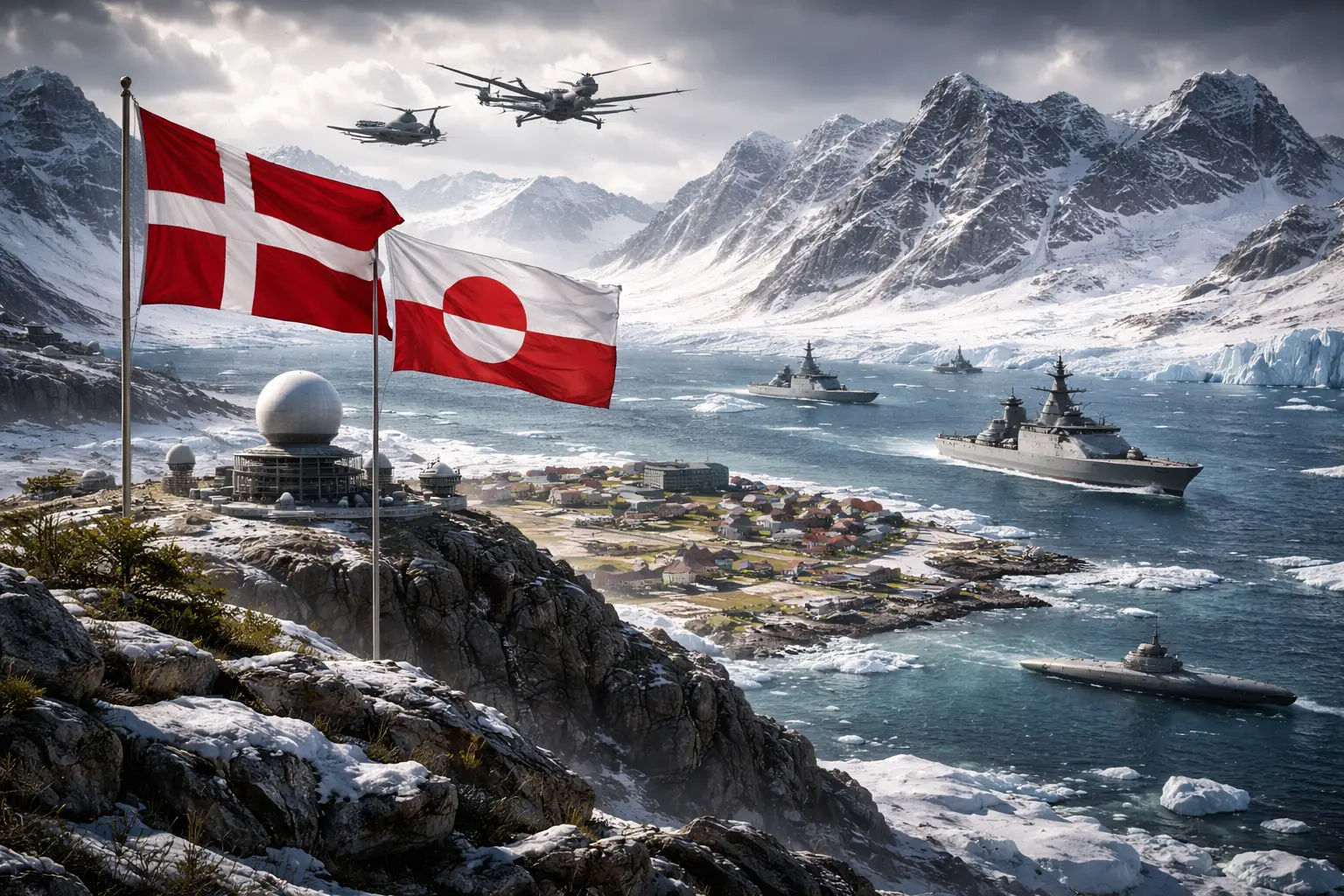I’m sure it’s not deliberate. I don’t think anyone, faced with the prospect of systemic environmental collapse, is telling themselves: “Quick, let’s change the subject to charcuterie boards for dogs.” It works at a deeper level than this. It’s a subconscious reflex that tells us more about ourselves than our conscious actions do. The chatter on the radio sounds like the distant signals from a dying star. . ."
Capitalism is killing the planet – it’s time to stop buying into our own destruction
Instead of focusing on ‘micro consumerist bollocks’ like ditching our plastic coffee cups, we must challenge the pursuit of wealth and level down, not up
- US editor’s pick: best of 2021. We’re bringing back some of our favorite stories of the past year. Support the Guardian’s journalism in 2022
There is a myth about human beings that withstands all evidence. It’s that we always put our survival first. . .[...]
Here is what we know. We know that our lives are entirely dependent on complex natural systems: the atmosphere, ocean currents, the soil, the planet’s webs of life. People who study complex systems have discovered that they behave in consistent ways. It doesn’t matter whether the system is a banking network, a nation state, a rainforest or an Antarctic ice shelf; its behaviour follows certain mathematical rules. In normal conditions, the system regulates itself, maintaining a state of equilibrium. It can absorb stress up to a certain point. But then it suddenly flips. It passes a tipping point, then falls into a new state of equilibrium, which is often impossible to reverse . ."
SOME EXAMPLES: The deliberate effort to stop us seeing the bigger picture began in 1953 with a campaign called Keep America Beautiful. It was founded by packaging manufacturers, motivated by the profits they could make by replacing reusable containers with disposable plastic. Above all, they wanted to sink state laws insisting that glass bottles were returned and reused. Keep America Beautiful shifted the blame for the tsunami of plastic trash the manufacturers caused on to “litter bugs”, a term it invented. . .
The corporate focus on litter, amplified by the media, distorts our view of all environmental issues. For example, a recent survey of public beliefs about river pollution found that “litter and plastic” was by far the biggest cause people named. In reality, the biggest source of water pollution is farming, followed by sewage. Litter is way down the list. It’s not that plastic is unimportant. The problem is that it’s almost the only story we know.

In 2004, the advertising company Ogilvy & Mather, working for the oil giant BP, took this blame-shifting a step further by inventing the personal carbon footprint. It was a useful innovation, but it also had the effect of diverting political pressure from the producers of fossil fuels to consumers. The oil companies didn’t stop there. The most extreme example I’ve seen was a 2019 speech by the chief executive of the oil company Shell, Ben van Beurden. He instructed us to “eat seasonally and recycle more”, and publicly berated his chauffeur for buying a punnet of strawberries in January.
The great political transition of the past 50 years, driven by corporate marketing, has been a shift from addressing our problems collectively to addressing them individually. In other words, it has turned us from citizens into consumers. . .
[...] We will endure only if we cease to consent. The 19th-century democracy campaigners knew this, the suffragettes knew it, Gandhi knew it, Martin Luther King knew it. The environmental protesters who demand systemic change have also grasped this fundamental truth. In Fridays for Future, Green New Deal Rising, Extinction Rebellion and the other global uprisings against systemic environmental collapse, we see people, mostly young people, refusing to consent. What they understand is history’s most important lesson. Our survival depends on disobedience."
READ MORE between-the-lines https://www.theguardian.com/environment/2021/oct/30/capitalism-is-killing-the-planet-its-time-to-stop-buying-into-our-own-destruction



No comments:
Post a Comment